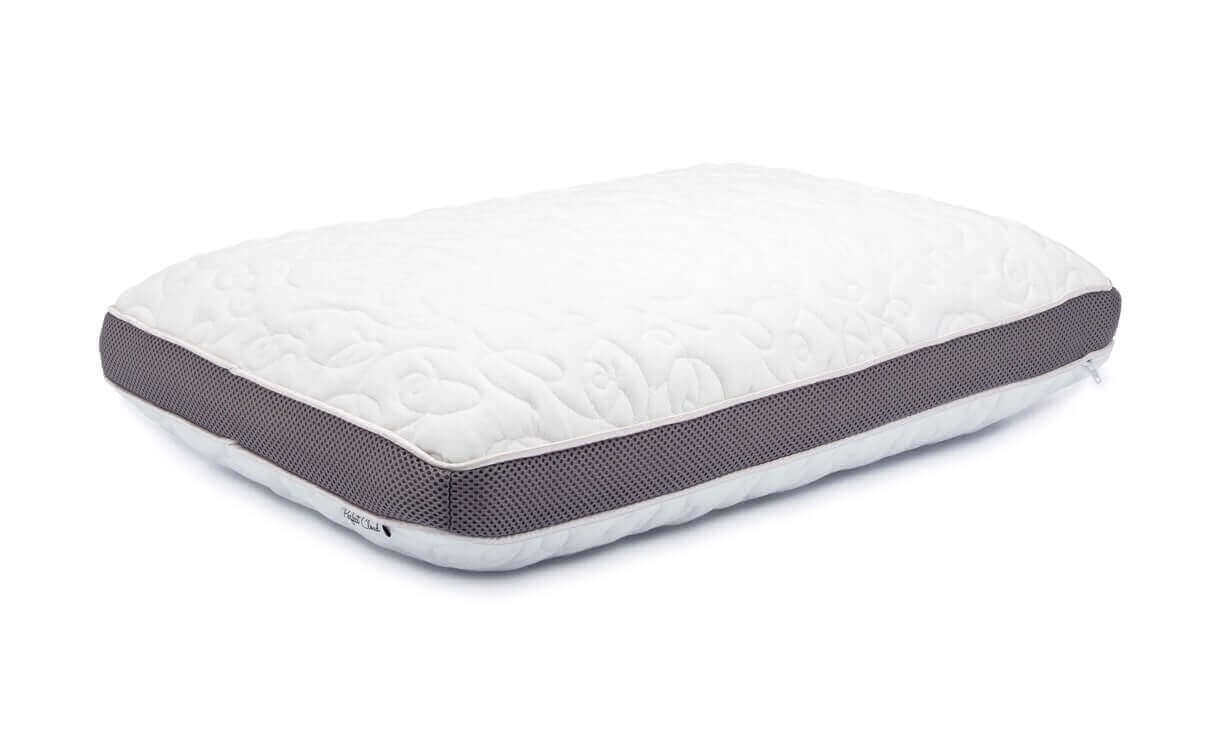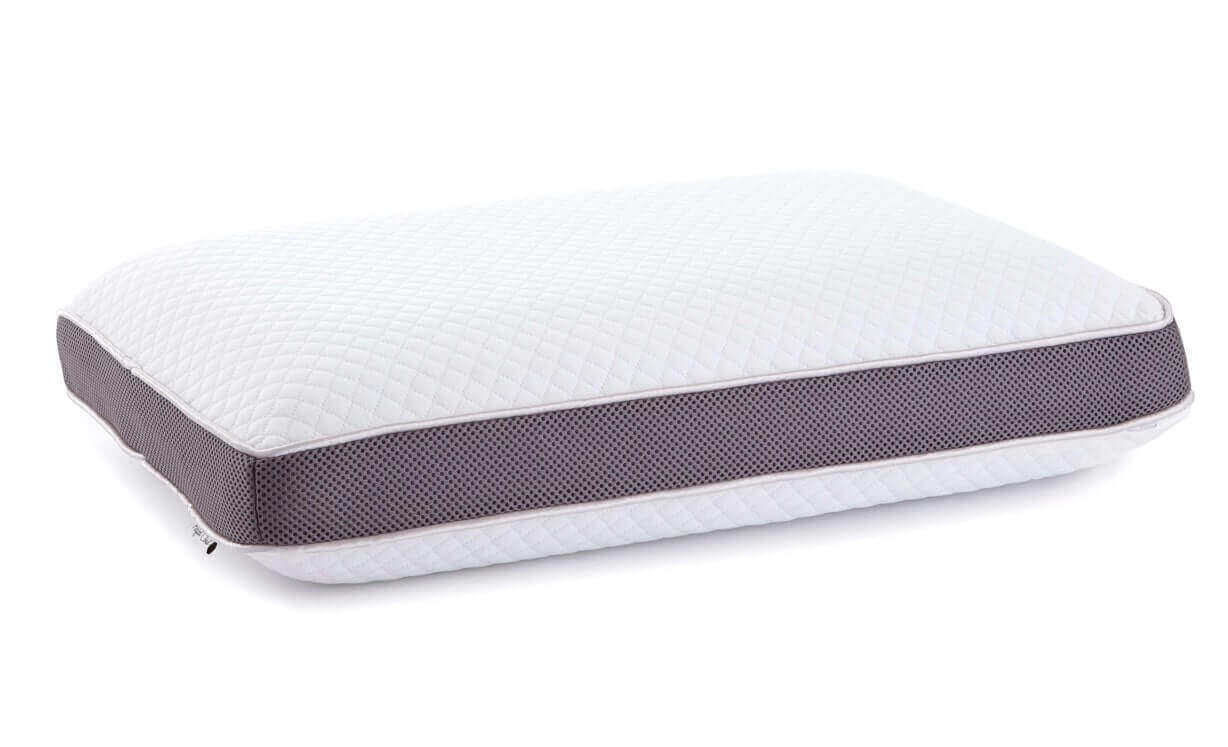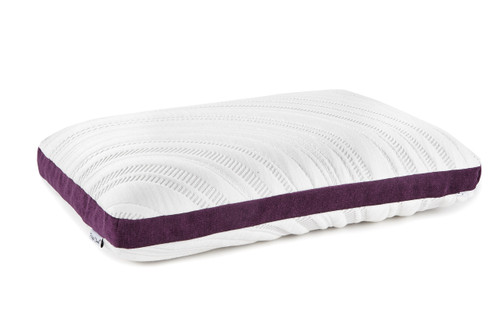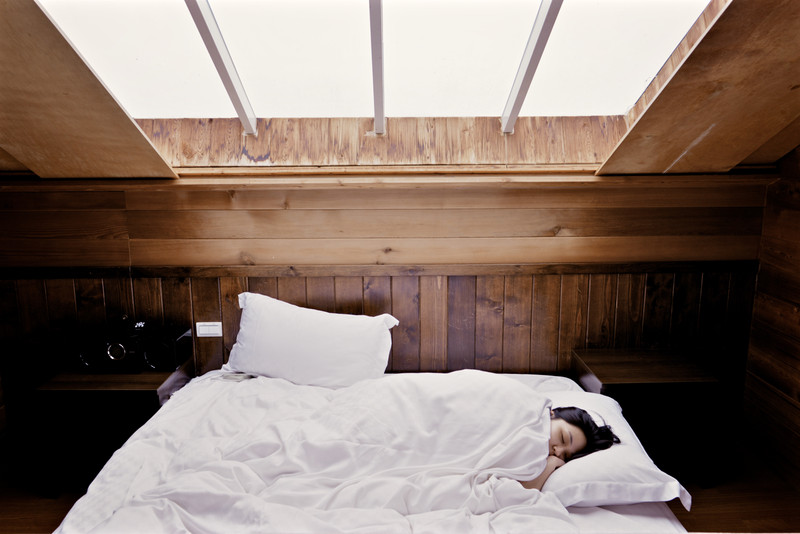7 Amazing Health Benefits Of A Good Night's Rest
Posted by Brenton on 2nd May 2018
We've all experienced those days; you've gone to bed early (or on time) for the first time in a while, you didn't have to wake up to an alarm, and you feel like a million bucks. It's common knowledge that adequate sleep helps you feel better, but there are so many more added benefits to sleeping than meets the eye.
Here are 7 amazing health benefits of sleep that you may not have known
- Maintain Weight - Going to bed on time and waking up rested can positively influence your weight. First, when you go to bed on time you're less likely to be snacking at night which helps reduce your calorie intake, not to mention that late night snacks are notoriously bad for you. Not only that, but a study from the American Journal of Clinical Nutrition found that when you get a normal amount of sleep your calories burned are 5% higher than those which do not. Those people also burn 20% more calories after a meal. Other studies have revealed that going to the grocery store when you're sleep deprived increases the chances of you buying unhealthy food.
- Live Longer - It's common knowledge that sleep helps us feel better, but it can actually help us live longer and stay healthier as well. The study "Sleep Habits and Susceptibility to the Common Cold" by the scientists at the Archives of Internal Medicine found that "poorer sleep efficiency and shorter sleep duration in the weeks preceding an exposure to a rhinovirus were associated with lower resistance to illness." As we sleep our bodies heal and fortify which leads to better overall health.
- Improved Memory - Sleep has been shown to increase memory for a variety of reasons. When you are awake distractions can often cause you to forget important facts leading to forgetfulness. However, when you sleep you are giving your mind a chance to sort through and store the memories that you have which will help you remember things better later on. Your mind consolidates memories according to relative importance to aid in recall when you're awake.
- Improved Athletic Performance - Sleep has been associated with many athletically related benefits. Among those are reduced injury rates, improved reaction times, better accuracy, faster sprint times, and fewer mental errors. Much of this is due to the fact that when we get enough sleep our minds are sharper, more rested, and can take on a greater load. It allows us to focus more effectively which, in turn, leads to better overall performance. Sleep also gives our bodies ample time to heal and rejuvenate so we are ready physically.
- Lowered Risk of Depression - A study by the National Institute of Health found that as many as 90% of patients with depression suffer from sleep quality complaints. They also note that sleep insomnia often appears prior to the onset of depression. A lack of sleep lowers our mood thus leading to feelings of sadness and despair. If we sleep enough each night our brains have the necessary rest to take on the next day's tasks.
- Increased Creativity - Getting enough sleep helps in the creative process. Studies have shown that REM sleep is beneficial to a person's creativity. This part of our sleep has been connected with the brain's system of connecting unrelated ideas. This, in turn, contributes to creative problem-solving.
- Sharpen Attention - According to a Harvard medical school publication sleeping at least 7-8 hours a night can help restore clarity into your life. When a person doesn't sleep enough their attention and concentration abilities begin to decline. This means they can't take in new information or react as effectively as they would be able to if they were working on a full night's rest.
Bottom Line is, it may be hard to set aside enough time to sleep each night, but it will pay dividends later on. You may not have as much time in the day, but with the added efficiency that a fresh and rested mind offers you'll be just fine. So, set aside some time and get the rest you need tonight. . . and every other night.
Cohen, Sheldon et al. "Sleep Habits And Susceptibility To The Common Cold". N.p., 2017. Print.
Peter L. Franzen, Daniel J. Buysse. "Sleep Disturbances And Depression: Risk Relationships For Subsequent Depression And Therapeutic Implications". PubMed Central (PMC). N.p., 2017. Web. 19 Apr. 2017.
St-Onge, M.-P. et al. "Short Sleep Duration Increases Energy Intakes But Does Not Change Energy Expenditure In Normal-Weight Individuals". N.p., 2017. Print.











